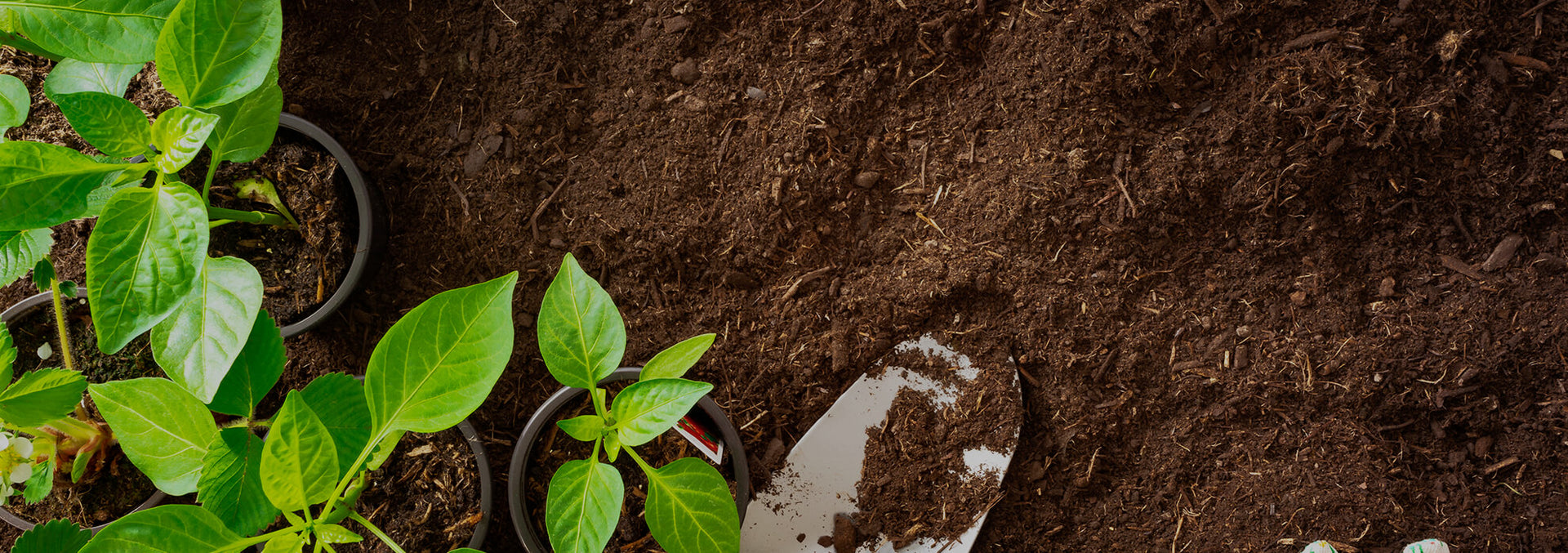July 1, 2011
ACCCORDING TO JOHN: Party Icebreakers and Compost
Recently, I read a list in Readers Digest of icebreakers to avoid using at a party. One was, “Sit back, relax, and allow me to explain the importance of composting.” It’s a little late; I think I may have already violated that one. Documentary film maker, Deborah Koons Garcia, may not bring it up at parties, but she has made a compelling and important entire film on the subject of compost and soil, titled, “Symphony of the Soil.” I had the opportunity to watch a screening of her work-in-progress movie at California State University, Fresno, which was followed by a discussion of the film by agriculture industry participants. I was thrilled with the movie because there is a real disconnect, even amongst professionals, between the most up to date, real soil science and decades old practices and misconceptions. Science is declaring, but not everyone is listening, that soil microbiology is the key to healthy soil! This film addressed the disconnect with passion and authority.
The Film: Symphony of the Soil The beautiful “Symphony of the Soil” made a powerful argument for soil conservation, showing how soil is created, how it evolves, how soils interact with plant life and how they “dance together.” The film abounds with credibility because of many of the participants, farmers and researchers and their reputable institutions of study. Good scientists from many of the most prestigious universities all agree on soil practices concepts that are not perceived as mainstream. These experts include Dr. Oliver Chadwick, U.C. Santa Barbara, Dr. Laurie Drinkwater, Cornell University, Dr. Kimberly Epps, Stanford University, Dr. Daniel Hillel, Columbia University, Dr. Ignacio Chapela, U.C. Berkeley, Dr. David Huggins, USDA Agricultural Research Service, Dr. Elaine Ingham, Soil Foodweb,Inc., Dr. Johannes Lehman, Cornell University, Dr. David R. Montgomery, University of Washington, Dr. David Pimentel, Cornell University, Dr. Warren Porter, University of Wisconsin, Madison, Dr. John Reganold, Washington State University, Dr. Kate Scow, U.C. Davis, Dr. Janice Thies, Cornell University, Dr. Peter Vitousek, Stanford University and others. Important themes were well-presented in the film, particularly the importance of the microbial complexity in soil, which benefits our water, air, and food quality as well as food abundance and soil preservation. I think it is a tribute to the film that the reaction from the agricultural industry panel was somewhat positive and muted in any massive condemnation. I’m a big fan of farmers and an admirer of the skill and dedication good farmers bring to their profession. I think it is unfortunate that there appears to be a disconnect between the most current soil science and much of the agriculture industry, but this is the type of film and event that can begin to provide a bridge.
The Message: Change must come! It’s an indisputable scientific fact that the microbiology of soils is the most important component in determining soil health, yet much of the agricultural industry only uses analysis of Nitrogen, Phosphorous, Potassium (NPK) and Micronutrients. These things alone do not make up healthy soil; microbes are needed for true wellness and balance. NPK and Micronutrient makeup is determined by the microbiology, so it is essential we analyze microbial populations while linking microbial preferences with various crops. NPK and Micros can’t prevent or defeat every pest and disease or render soil usable indefinitely, but complex soil life can! Salt-laden, petroleum-based synthetic NPK fertilizers damage soil life and the soil itself. The real stars of healthy soil are the microbes. John and Bob’s gives the soil the microbes and food for microbes that it so desperately needs. Every important point discussed in the film, “Symphony of the Soil”, can be put into practice by applying John and Bob’s 4-part soil amendment system to your soil. Efforts like this film can increase education and acceptance and provide tools that can benefit all farmers. The remarkable advances in soil science over the last 25 years should benefit us all. So, if we meet at a party I might just sneak up on you and say, “Sit back, relax, and allow me to explain the importance of composting.” I promise though, I won’t ask you another Readers Digest icebreaker to avoid “What’s your all time favorite coupon?”

